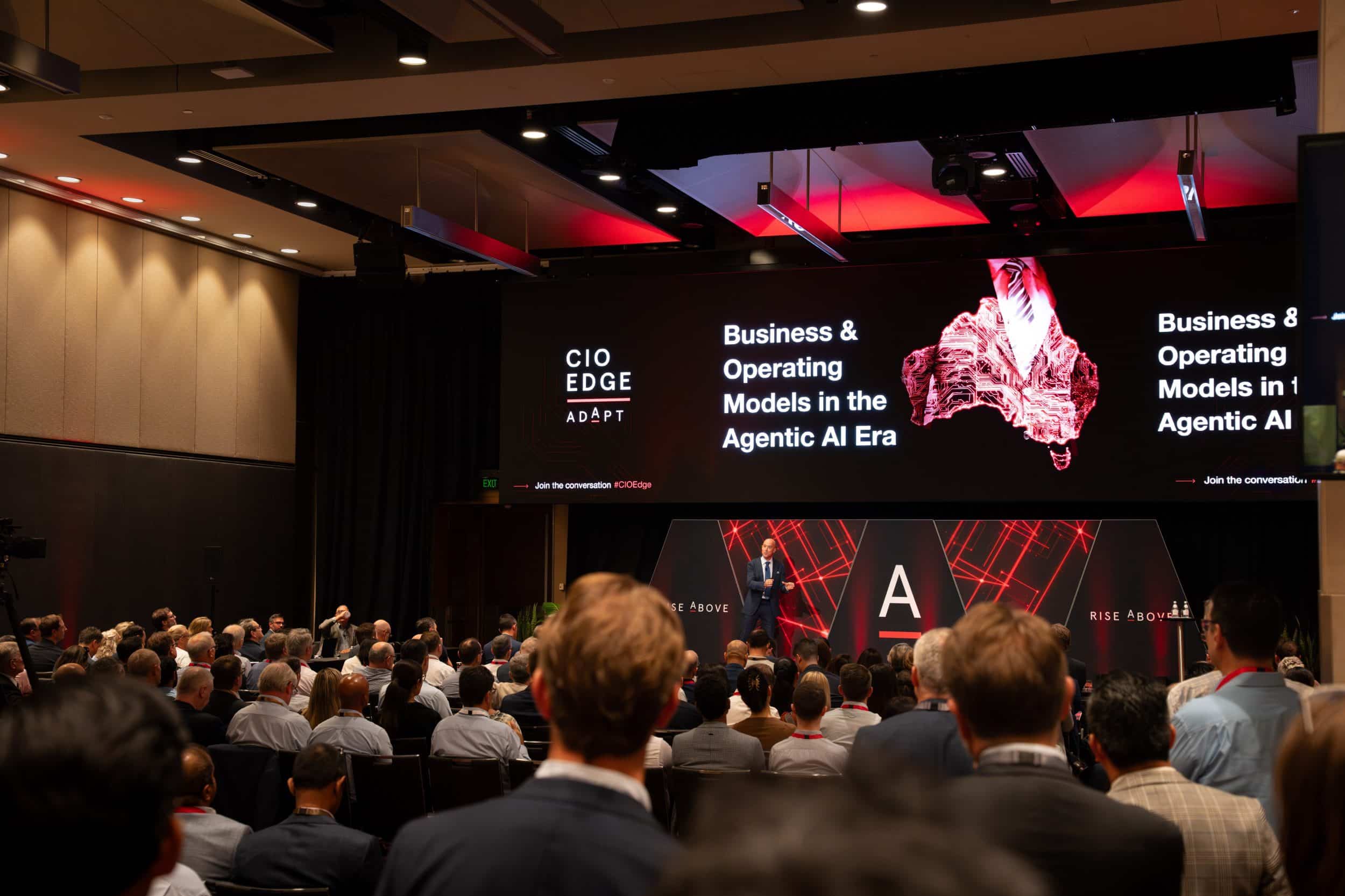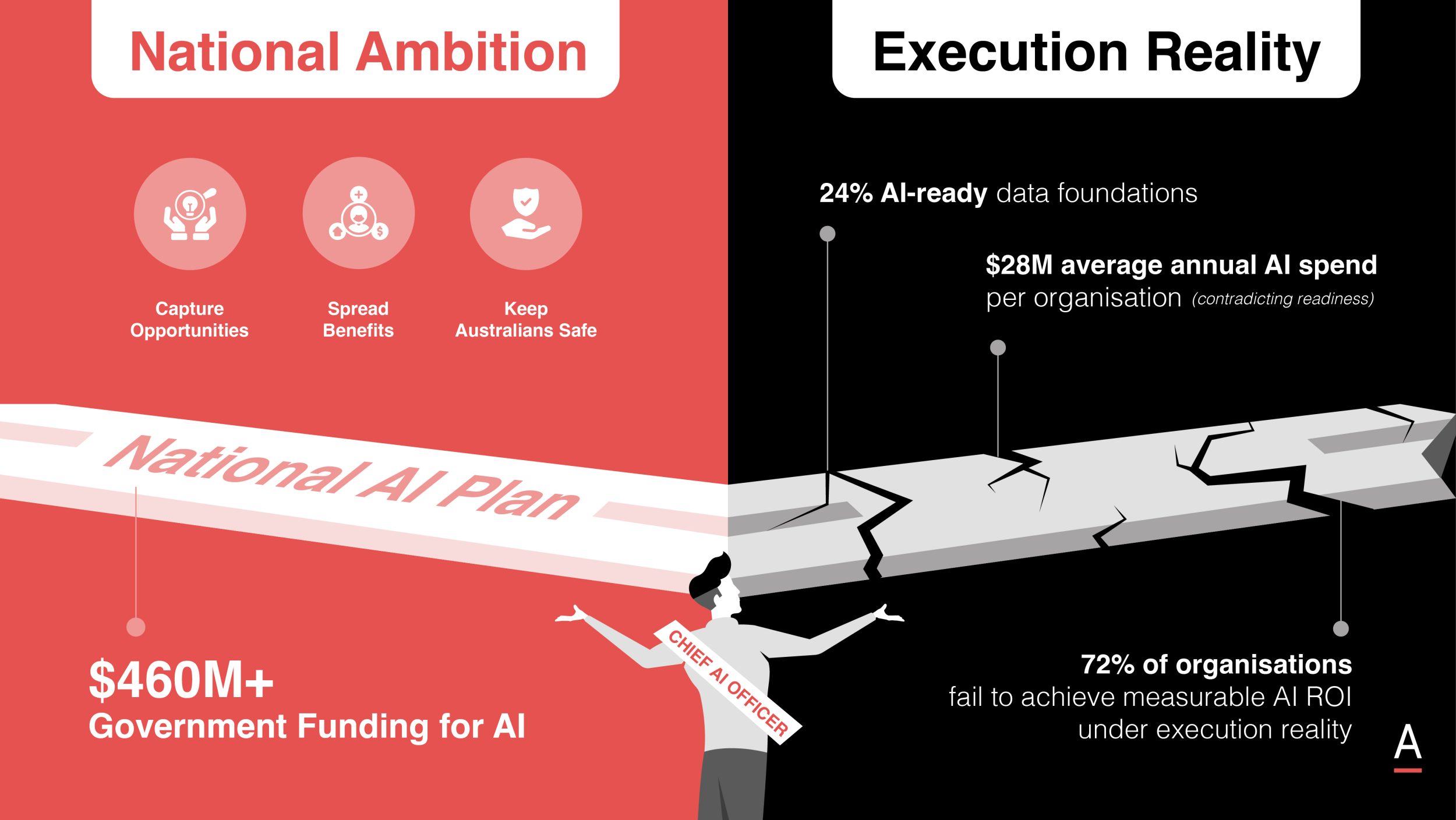How Commonwealth Superannuation Corporation is building AI literacy to turn risk into opportunity
In this Government Edge interview, Andrew Matuszczak, Chief Transformation & Information Officer at Commonwealth Superannuation Corporation, shared how building AI literacy helps balance innovation and risk.In this Government Edge interview, Andrew Matuszczak, Chief Transformation & Information Officer at Commonwealth Superannuation Corporation, shared how building AI literacy helps balance innovation and risk.
He notes that boards often struggle with understanding AI due to risk aversion and limited firsthand experience, noting hat many directors focus on cyber security risks rather than exploring AI’s practical applications, which can make it challenging to convey the potential efficiencies AI can offer.
Andrew highlights the need to educate boards gradually, using practical demonstrations, such as showing the risks of deepfakes, while also emphasising the opportunities AI presents for improving operational efficiency.
At the operational level, Andrew explains that AI can significantly enhance efficiency in areas such as customer service, knowledge management, and data consolidation.
However, adoption is uneven, as employees’ AI literacy varies widely, from tech-savvy younger staff to long-serving employees with little appetite for change.
He stresses the importance of creating champions within teams to drive adoption, providing guided experimentation, and showing practical examples of AI tools like co-pilot to embed AI into everyday workflows.
Andrew describes this as a slow, iterative process requiring both education and cultural adjustment.
Andrew advises CIOs and technology leaders to focus on practical entry points for AI, identifying “sweet spots” where it can deliver clear value while maintaining guardrails to protect sensitive information.
He advocates for a hands-on approach, encouraging staff to experiment with AI tools, conduct pilots, and evaluate efficiency gains, framing AI as a broad tool within the existing technology stack.
By balancing risk management with opportunity, organisations can progressively build AI literacy, embed AI into business processes, and achieve tangible efficiency improvements.
Key takeaways:
- AI literacy must be addressed at all organisational levels: From boards to operational teams, balancing risk awareness with practical opportunity.
- Champions and guided experimentation help embed AI in workflows: This accommodates diverse skill levels and promotes gradual cultural change.
- CIOs should focus on practical, high-value entry points: Use pilots and guardrails to encourage safe experimentation and measurable efficiency gains.






























